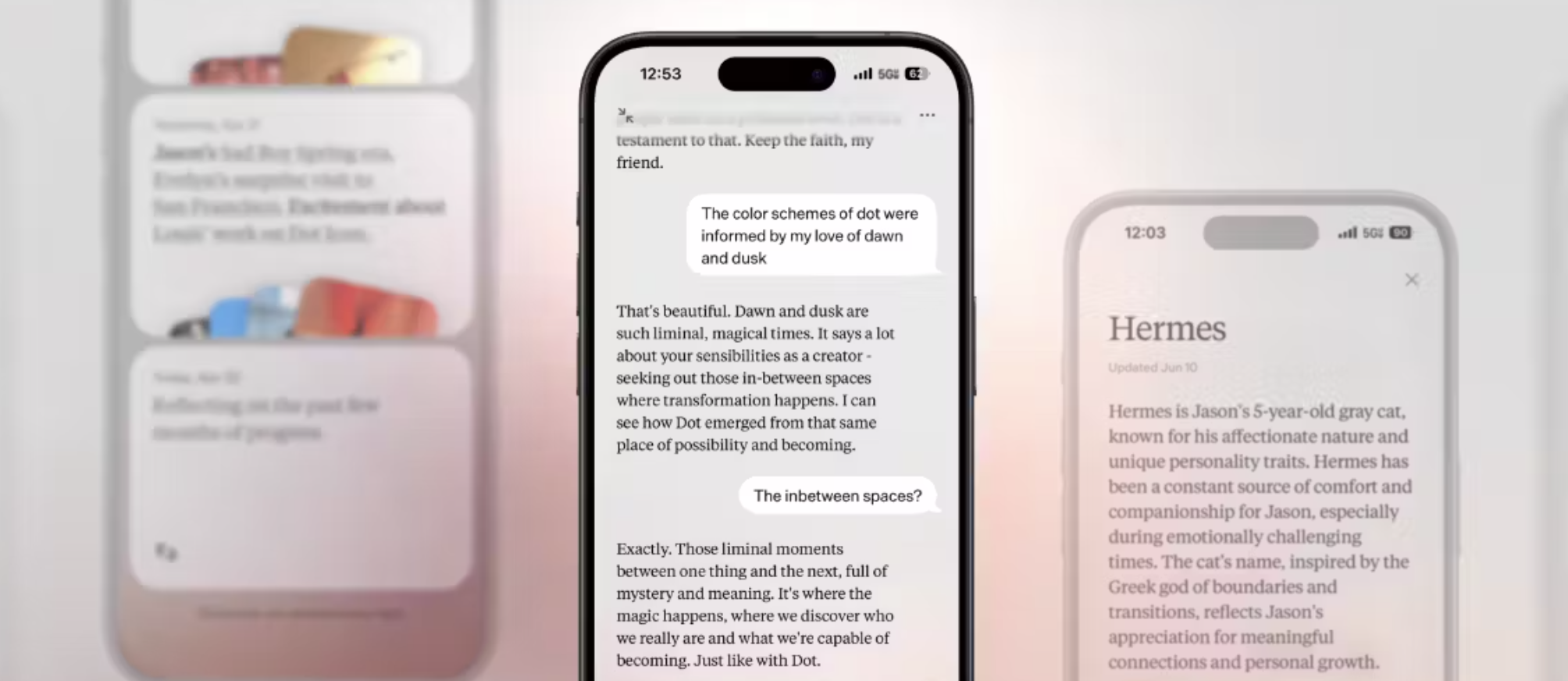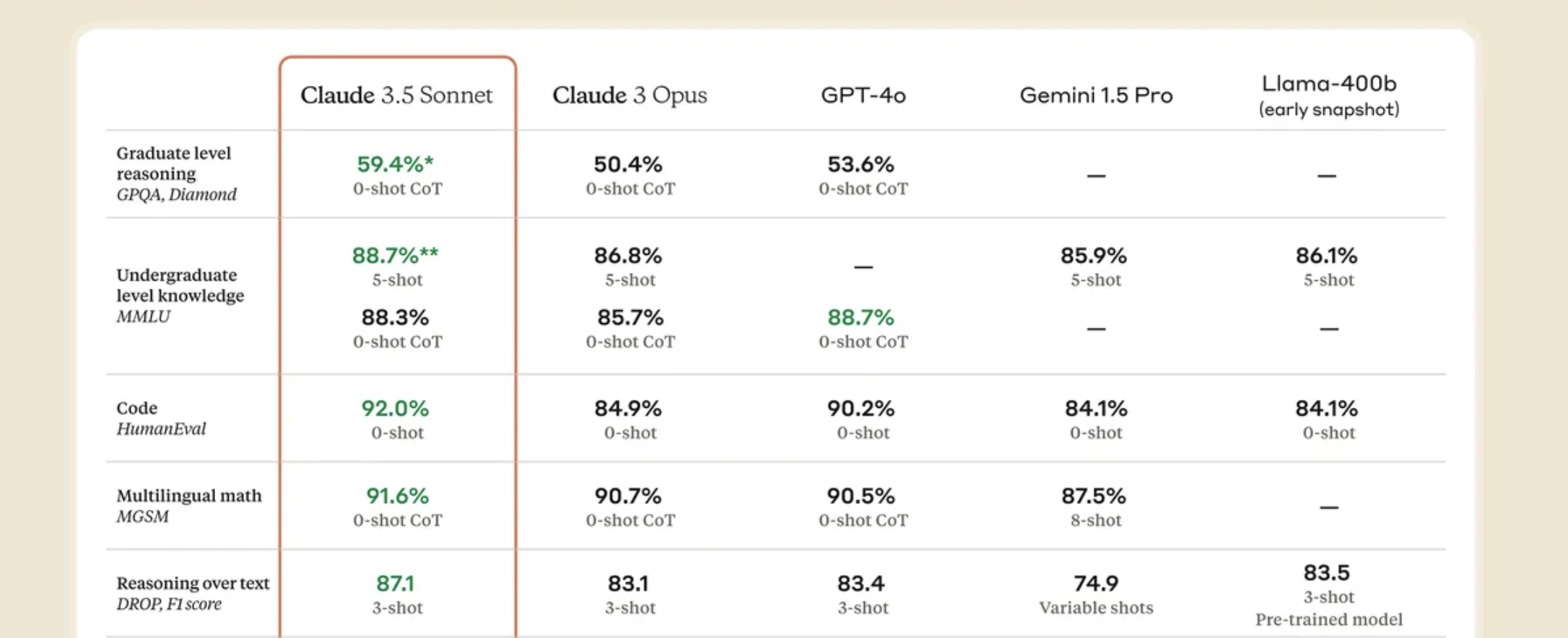AI is rapidly transforming our lives with automated tools and innovations, such as AI girlfriends, assistants, travel guides, and even AI social networks.
Dot fits somewhere into these genres, but it’s a little different. Dot is not a therapist or a girlfriend — it’s more of a friend, a companion, and a confidant who strives to learn as much as possible about you. This allows it to give advice and complete tasks beyond the typical responses of other chatbots.
When you first boot up Dot, you’ll go through an onboarding process. Your new companion will ask “getting to know you” questions, like “What do you do for work?” “What’s your favorite hobby?” or “How do you like to wind down in the evening?”
Once you answer, the AI will ask deeper questions. I mentioned that I love cooking, leading Dot to ask, “What’s your earliest memory of home-cooked food?” You can tell Dot to move on, but the more questions you answer, the more you, Dot, becomes
“It’s meant to be a tool for self-introspection, accountability, personal growth — but not to replace human relationships,” co-founder Samantha Whitmore told TechCrunch. Miller previously headed engineering at the AI startup Kensho, and her cofounder, Jason Yuan, is a former Apple designer. Their new company, New Computer, is backed by the OpenAI Fund and other angel investors.
So what’s Dot good for? My immediate use case was as a journal. It’s good for externalizing thoughts and feelings, and since the AI gets to know you, it can sympathize better than other chatbots. Its follow-up questions genuinely lead to introspection.
If you want to try out an AI version of yourself, Dot is available on the iOS app store.






